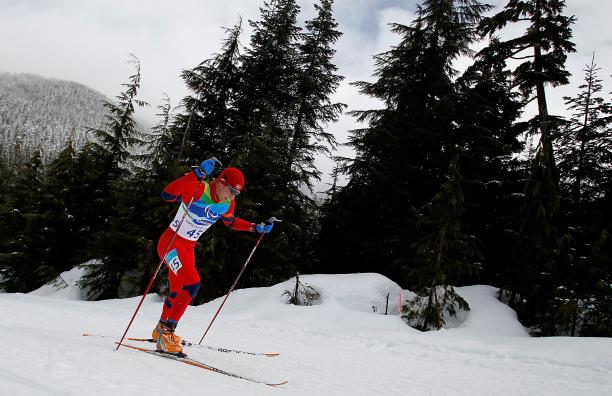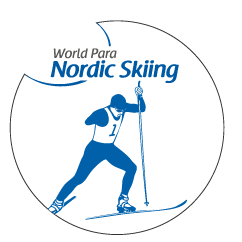Cable 2015: Ulset reflects on idols and influences
22.01.2015Olympic biathlon superstar Ole Einar Bjorndalen as well as his own brother John, have had a significant impact on the world champion’s career.
 Nils-Erik Ulset is a three-time Paralympic and world champion.
© • Getty Images
Nils-Erik Ulset is a three-time Paralympic and world champion.
© • Getty Images
- Related News
- Cable 2015: Secrets to Ulset’s success
“I think the level for Paralympic and able bodied sports is similar and it’s basically requires the same demands to become a top athlete. If you want to succeed now you’ve got to be a full time athlete.”
Nils-Erik Ulset has been reflecting on the beginning of his career as well as his influences as he prepares to defend his 15km biathlon standing title at the 2015 IPC Nordic Skiing World Championships in Cable Wisconsin from Friday (23 January).
The Norwegian skier made his competitive debut in 2002 and since then has won numerous medals including three Paralympic golds across biathlon and cross country skiing. He also won a further two biathlon silvers as well as a cross-country bronze at the Sochi 2014 Paralympic Winter Games.
One of his major influences is Ole Einar Bjorndalen otherwise known as the ‘King of Biathlon’. He broke the record for the most number of Winter Olympic medals last year in Sochi with 13 podiums, surpassing the previous record held by fellow Norwegian, Bjorn Daehlie.
“Everyone in Norway around my age looks up to Ole Einar Bjorndalen for what he has been doing for biathlon and his achievements are just amazing,” Ulset began. “You can’t be a biathlete in Norway without having any sort of admiration for him.”
John Ulset, Nils Erik’s brother, was also an inspiration to him as well as his father who persuaded him to take up skiing when he was younger.
“My brother, my father and my uncle have been doing biathlon for as long as I can I remember and they kind of got me into it. My brother is three years older and he has always been a role model for me.”
Ulset has had a lot of success at the IPC Nordic Skiing World Championships and he goes into this season’s edition with three gold medals, two silvers and a bronze medal over 12 years of competition.
Before he competed in his first Winter Paralympic Games in 2002 in Salt Lake City, he competed in able bodied racing from the age of 10 until 18.
It took a lot of dedication to win his first set of gold medals in the 10km freestyle and the 20km freestyle in Salt Lake City and he admits that now it is even harder for younger aspiring athletes to compete.
“In Salt Lake I was an 18 year-old high school boy and you can’t be that when you’re coming into a Games like I did then and win two gold medals. That just wouldn’t happen today.
“I think the level for Paralympic and able bodied sports is similar and it’s basically requires the same demands to become a top athlete. If you want to succeed now you’ve got to be a full time athlete.”
But as difficult as it maybe is for the next generation of skiers to compete, Ulset believes that the right preparation is vital.
“Usually the day before a race I start preparing what I want to do during the race both mentally and physically. I test everything including the skis and make sure everything is there and ready and then I start to focus on the race and what I am going to do during the race.
“I usually plan this four or five times, preparing for different scenarios so I am ready for anything.”
Cable 2015 begins on 23 January with the Opening Ceremony, before sprint biathlon races kick-off competition on Saturday (24 January).
All seven days of competition, featuring around 130 athletes from 15 countries, will be livestreamed at Cable 2015.com and live results will also be available.
Live updates will be posted throughout to IPC Nordic Skiing’s Facebook and Twitter.





















